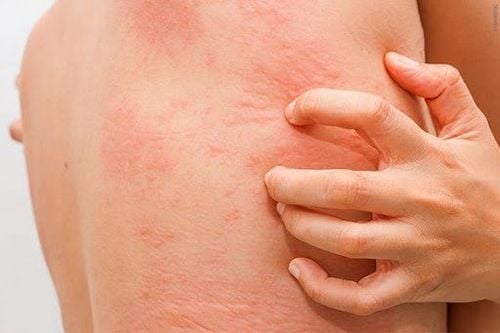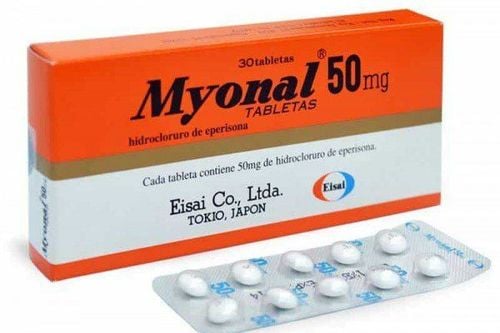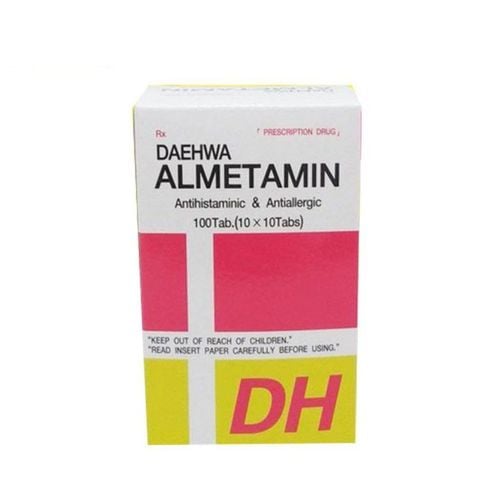While lemon is a staple food consumed daily, some individuals are allergic to it, as well as other members of the Citrus genus. These allergies may stem from sensitivities to citric acid or proteins within lemons. This article aims to provide a better understanding of lemon allergy.
1. Lemon allergy
Approximately 2% of adults and 6% of children experience food allergies. Any food can trigger an allergic reaction, including lemons. Symptoms of a lemon allergy can occur within minutes of exposure to the fruit or may take up to two hours to manifest. Untreated lemon allergy can be hazardous. You should consult with a doctor if you experience any allergic symptoms.
1.1. General symptoms
Though uncommon, lemon contact can result in pruritus, edema, erythema, vesiculation, xerosis, and scaling of the skin. More frequently, oral symptoms like itching, throat tightness, cough, or a metallic taste may occur after eating lemons. Digestive issues such as nausea, vomiting, and diarrhea are also possible. In some cases, temporary sun sensitivity may develop after lemon exposure.

1.2. Why does lemon allergy occur?
Food allergies develop when the immune system mistakenly identifies proteins, such as profilin in lemons, as harmful. As a result, the immune system releases histamine and antibodies into the bloodstream to counteract the profilin, which causes the symptoms of an allergic reaction. Besides the fruit itself, waxes and dyes on lemon peels can also cause reactions.
An allergic reaction occurs when your immune system mistakenly defends your body against substances that are usually harmless. These substances are called allergens. When your immune system reacts to an allergen, it triggers an allergic reaction.
Allergic reactions to raw citrus fruit are sometimes seen in people with pollen allergies, in a phenomenon known as cross-reactivity. Other people may experience allergic reactions after touching the peel of citrus fruits. There have also been some reported cases of certain citrus fruits causing a severe allergic reaction called anaphylaxis, although this is very rare.
Citric acid, a chemical compound present in the juice of citrus fruits and responsible for their characteristic tartness, is not considered an allergen. While citric acid can induce irritation of the skin and oral mucosa, potentially leading to gastrointestinal discomfort, it does not activate an immunological response. Therefore, although you may exhibit sensitivity to citric acid, it is not classified as a true allergen.
2. Cross-reactivity
Many allergic reactions to lemons are due to OAS, which is caused by pollen allergies. This is called cross-reactivity, which happens because pollen and citrus fruits share similarities in certain proteins. These shared allergenic proteins induce the immune system to respond to ingested fruit as if it were encountering the corresponding pollen allergen, thus precipitating an OAS reaction.
People with grass allergies may be especially prone to OAS with citrus fruits. A 2013 investigation involving 72 pediatric and young adult participants with grass pollen allergies exposed participants to the fruit of fresh lemons, oranges, and clementines using a prick test, and found that 39% of those with pollen allergies also had sensitivities to citrus.
2.1. Limonene allergy
People who are allergic to citrus fruit peels are often allergic to limonene, a chemical found in citrus peels. These people may experience symptoms of contact dermatitis simply from touching the outside of citrus fruits, but they may be able to drink the fresh juice. Limonene is also commonly used as a fragrance ingredient in cosmetics and perfumes.
2.2. Systemic allergies
Limited data exists regarding the prevalence of systemic allergic reactions to citrus fruits, but there have been documented cases of people experiencing severe anaphylactic reactions to oranges and other citrus fruits. There have also been cases of food-dependent exercise-induced anaphylaxis with oranges and grapefruit. This is a specific form of food allergy where an allergic reaction only happens after eating the allergen and then exercising soon afterward.
More research is needed to determine how many people have systemic allergies to citrus fruits.

3. Diagnosis of lemon allergy
If you or your child exhibits symptoms suggestive of pollen allergy, your physician will typically perform a prick test and discuss potential cross-reactivity with fruits. A skin prick test involves a simple prick with a needle that has a tiny amount of the suspected allergen on it. If you're allergic, you'll develop a raised bump with a red ring around it after 15 to 20 minutes.
If your child is too young to tell you if they're bothered by certain fruits, pay close attention when trying new foods and watch for any reactions.
Call for medical help immediately if you suspect anaphylaxis. If your allergies are severe, your doctor will advise you to carry an EpiPen with you.
4. Treatments
Consult a dermatologist if you experience an allergic reaction after eating or touching lemons. The doctor can perform patch tests or skin prick tests to pinpoint the allergen. Avoid contact with lemons and all products containing lemons, such as drink mixes and skin products. Wear gloves to protect your hands if you must handle lemons. Apply over-the-counter emollient creams to help soothe skin irritation and redness. Doctors may also prescribe oral or topical steroids to treat allergy symptoms.
If a lemon allergy is severe, it can lead to a reaction called anaphylaxis, which causes the airways to tighten and can make it difficult or impossible to breathe. You may also experience wheezing, chest tightness, dizziness, and difficulty swallowing. Go to the emergency room immediately if you experience anaphylaxis after touching or eating lemons. Your doctor may tell you to carry an epinephrine auto-injector (EpiPen) at all times if you are diagnosed with a lemon allergy.
For any inquiries requiring specialist consultation, as well as for patients seeking examination and treatment at Vinmec International General Hospital, please contact the Vinmec Health System nationwide or register online HERE.
To arrange an appointment, please call HOTLINE or make your reservation directly HERE. You may also download the MyVinmec app to schedule appointments faster and manage your reservations more conveniently.
Reference sources: livestrong.com, healthlabs.com













